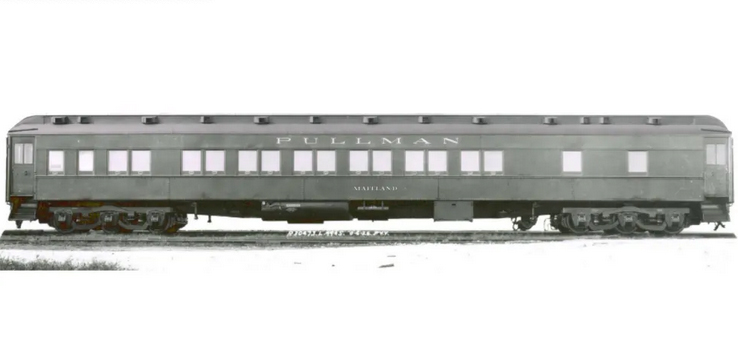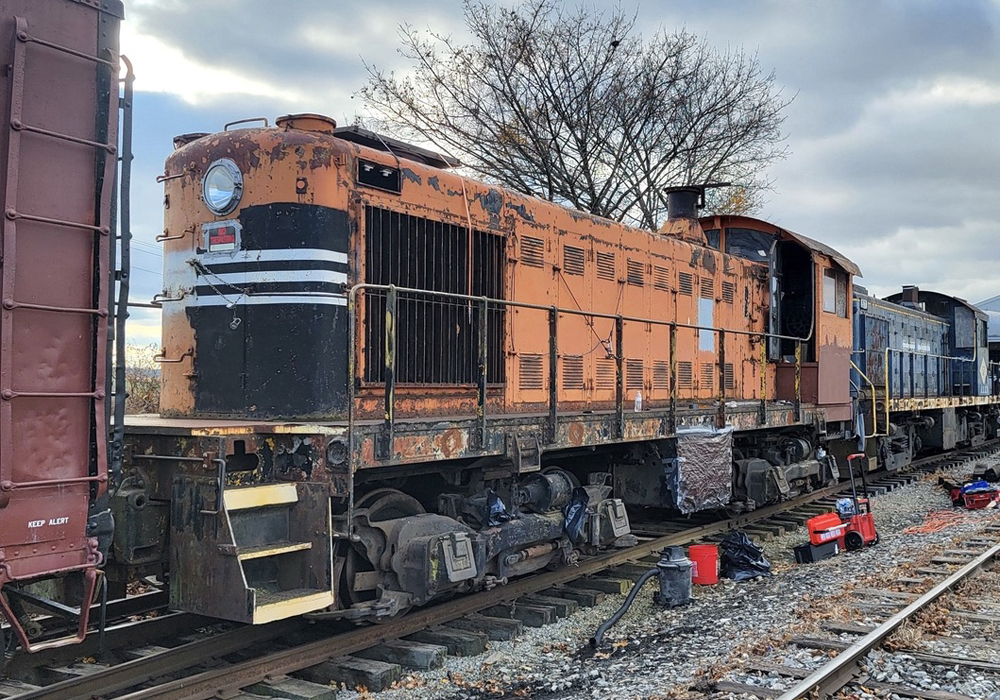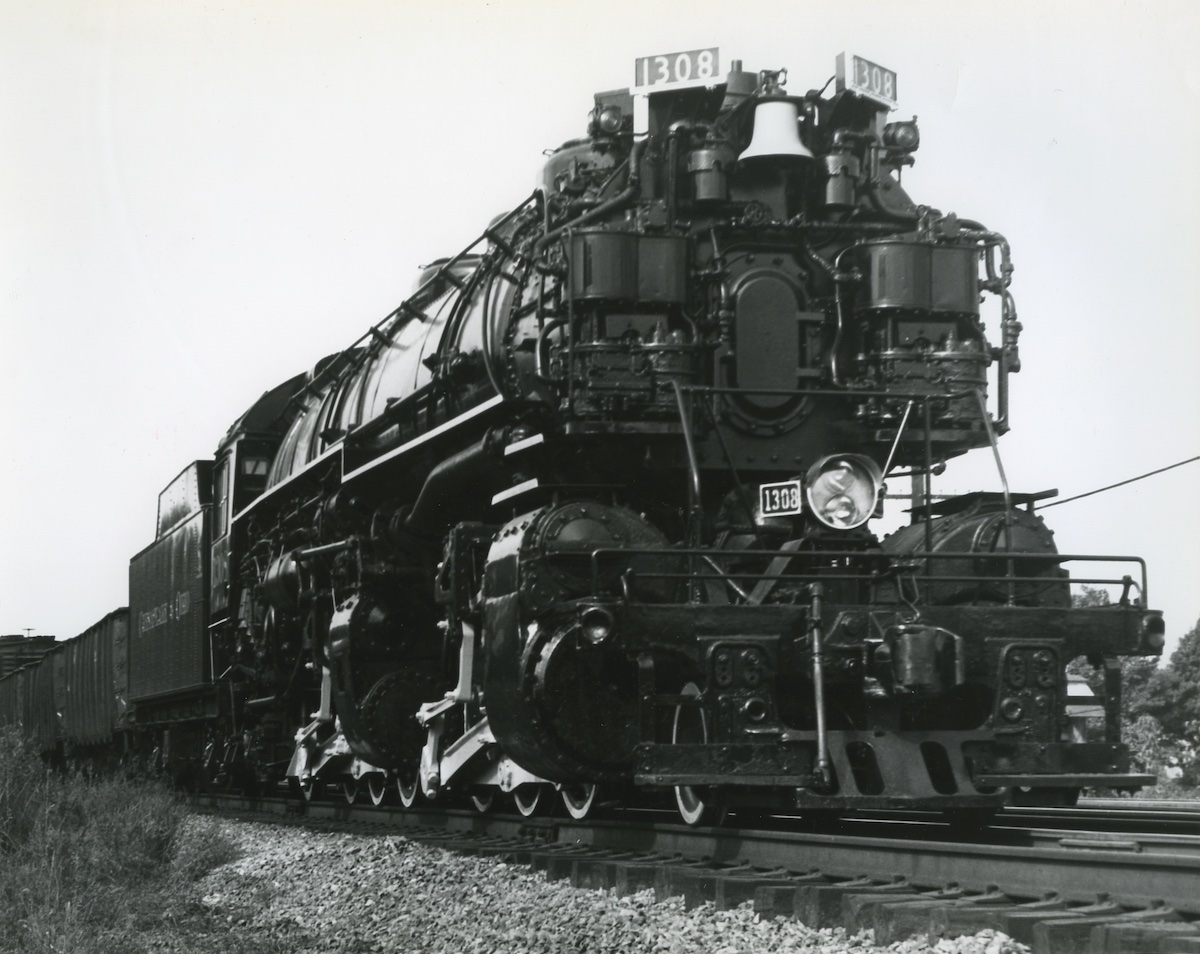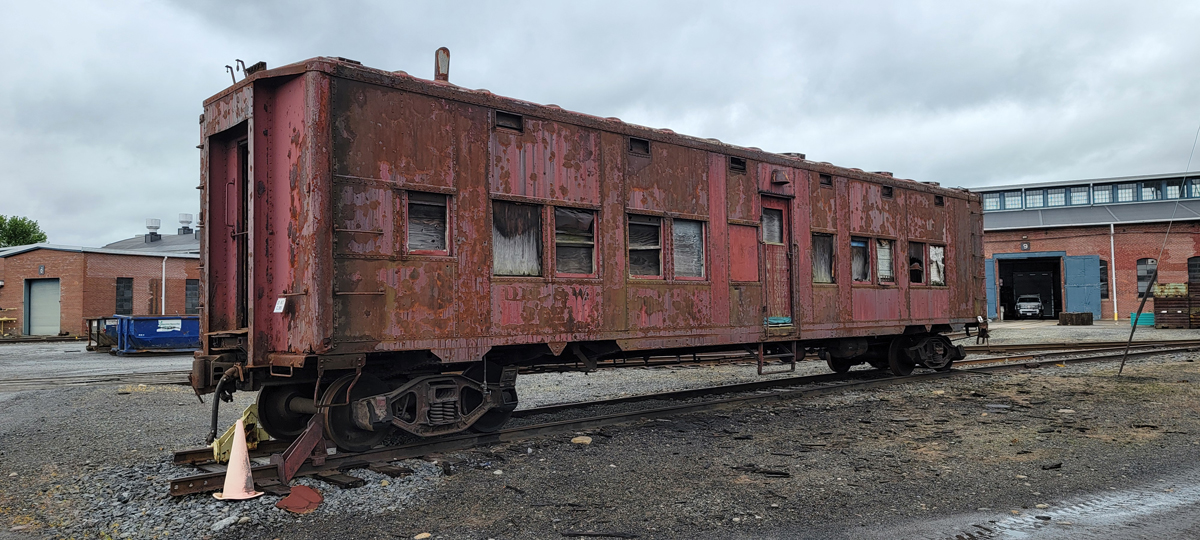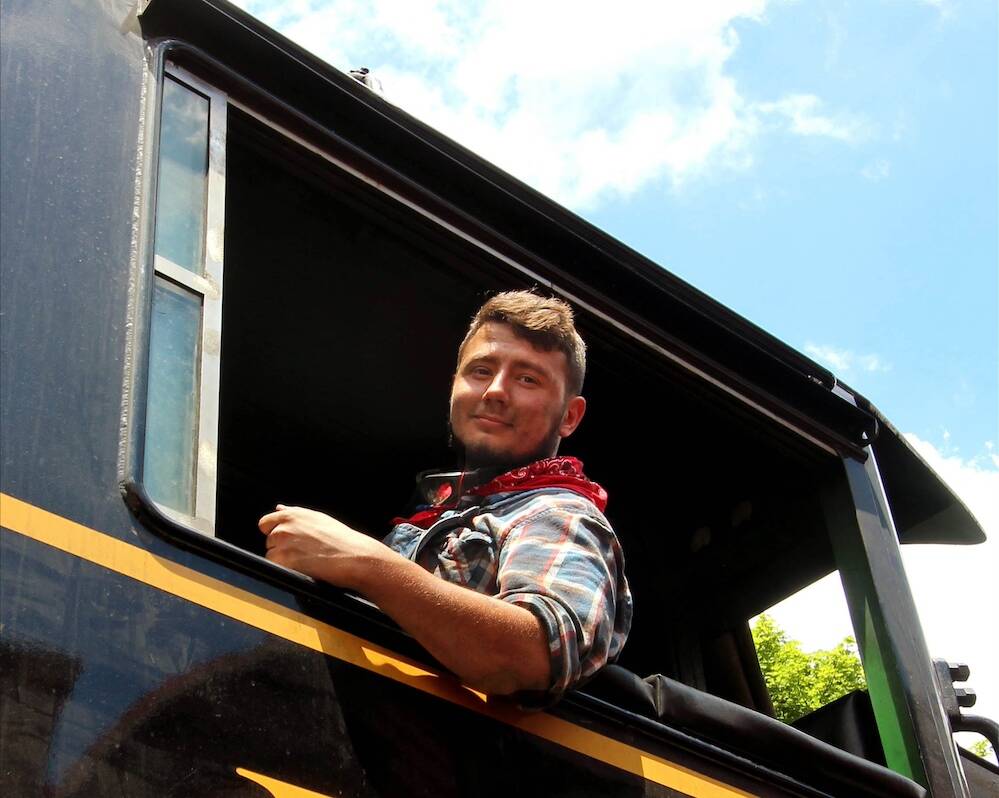
Cameron Stefan serves as the Western Maryland Scenic Railroad’s operations mechanic with vast responsibilities: Diesel engineer, conductor, dispatcher, fireman and track laborer when out on the main line, plus craftsman at the shop facility in Ridgeley, W.Va. From this prosperous position at the tourist line has been growth in confidence and family for the 25-year-old.
How did you get involved in rail preservation?
Cameron Stefan: I come from a family of railroaders and rail fans. My great-grandfather on my dad’s side worked for the Baltimore & Ohio Railroad. So then my grandfather loved trains, my father loves trains, and I didn’t have much of a choice. A lot of time growing up was spent in the basement playing with the O-gauge “Pikes,” as my dad called it, and watching the post-war Lionel MPC or modern trains running around the layout.
The interest to work with the bigger trains became more apparent as the Western Maryland Scenic began to host volunteer days in 2013. Here and there until 2018, my dad and I would make the two-hour drive from Pittsburgh to come down and volunteer wherever we could.
In 2020, I was working at a local hardware store and my mom asked this soon-to-be 21-year-old what I wanted to do with my life. I came up with three different things and the most realistic, tangible [and rewarding] was railroad preservation. I phoned a few connections and was invited down to Ridgeley to volunteer again on whatever I could and whenever. Eventually, I became familiar with all of the guys down there and started to familiarize myself with the tools.
After our big push to have 2-6-6-2 No. 1309 moved under its own power by New Year’s Eve of 2020, I was promised the operations mechanic position as soon as possible by our current executive director. He made good on that promise in June 2021 as I was his first new hire.
As a young preservationist at age 25, what have you found to be the most challenging aspects in the industry?
Cameron Stefan: The biggest challenge I had trouble with when first starting out was confidence, and that can be familiar with others. When I was offered the job in 2021, I called up so many friends asking them if they saw the “It” in me, because there are so many aspects to navigate about railroading. An example of one of the things I was worried about is if you’re not one of “the guys,” then the experience can be hard.
I ultimately didn’t have a problem with that because I fell in with a group of guys who were always willing to teach. Everything was and is a teachable moment. More experience from that came with confidence, and it took time and effort to build up that level. One of the road foremen who I worked with closely once said, “Cameron, I’ll make a railroader out of you if it kills me.”
To which I responded, “You better have your affairs in order.”
What’s been the most rewarding for you so far?
Cameron Stefan: I want to say that the most rewarding part of my job at WMSR is that my job is rewarding. But I think the only thing that tops that is being able to share this adventure with my family. Now, I’m gonna mention two families. There’s my actual family and then there’s the acquired family as we call it.
My dad is a regular volunteer who puts in days of his own free time performing whatever is needed. Mom also puts in time when available. It’s an amazing feeling to be on top of a boiler to torque down nuts on a steam dome lid with your dad, or showing your mom how to start a crosspound air compressor, or explaining to your younger brother how dynamic brakes work as you drift downhill in a Dash 8.
The acquired family of staff and volunteers is just something else. We all go out for dinner after work regularly, or we do model railroading and celebrate holidays together. It’s great to feel like you’re part of a team, but even better to feel like you’re part of a family. Our chief mechanical officer, Nathaniel Watts, once said that we’re one big happy family because we always share our sufferings as well as each others’ victories.
Where do you see rail preservation as it is today and what do you hope it’ll become for the future?
Cameron Stefan: Rail preservation is at a critical point in its history. I feel the current generation is so far removed from railroads, let alone the pieces of equipment that we are trying to preserve. We need to adapt to the times, as capitalizing on the nostalgia of a bygone era is not enough to draw in crowds anymore. The name of the game now is engaging with the public and sustainability.
Events like Day Out with Thomas, Polar Express, or even some of the more adult-themed trains not only bring passengers in but leave lasting impressions on them. Meaningful experiences and memories to keep people interested in coming back now require more than just running a train. “We always did it like this” is the most dangerous phrase in the English language, in my opinion.
Sustainability is another item that preservationists need to focus on. Antiquated practices, when practical, need to be substituted [but not forgotten] with more modern techniques that can do the job both efficiently and safely. Obviously, there may not be modern practices that cater to every aspect of a machine, whose heyday died 70 years ago. But anything to keep it in operation longer than it would’ve been should be welcomed with open arms.
What advice would you give for any young person looking to get involved in the industry?
Cameron Stefan: The first and foremost that I’ve seen a lot of is don’t be quick to jump into the toxic railfan culture, because there is one. The best piece of advice I was given is that if you sneeze on the east coast, they hear about it on the west coast. Because this community is so small and tight-knit, it’s easy to make a bad name for yourself and that’s not something you want to get involved with.
Another advice is don’t pretend you already know how to do something. You can get hurt. But besides that, don’t be afraid to be persistent. If you want to be involved with something and you kinda get brushed off at first, come back. There’s a fine line between people who are willing to teach and people who are less willing to just instruct and pass on what they’ve been taught. The only way to show somebody that you are interested is to keep at it and keep coming back. You gotta have a lot of heart.






